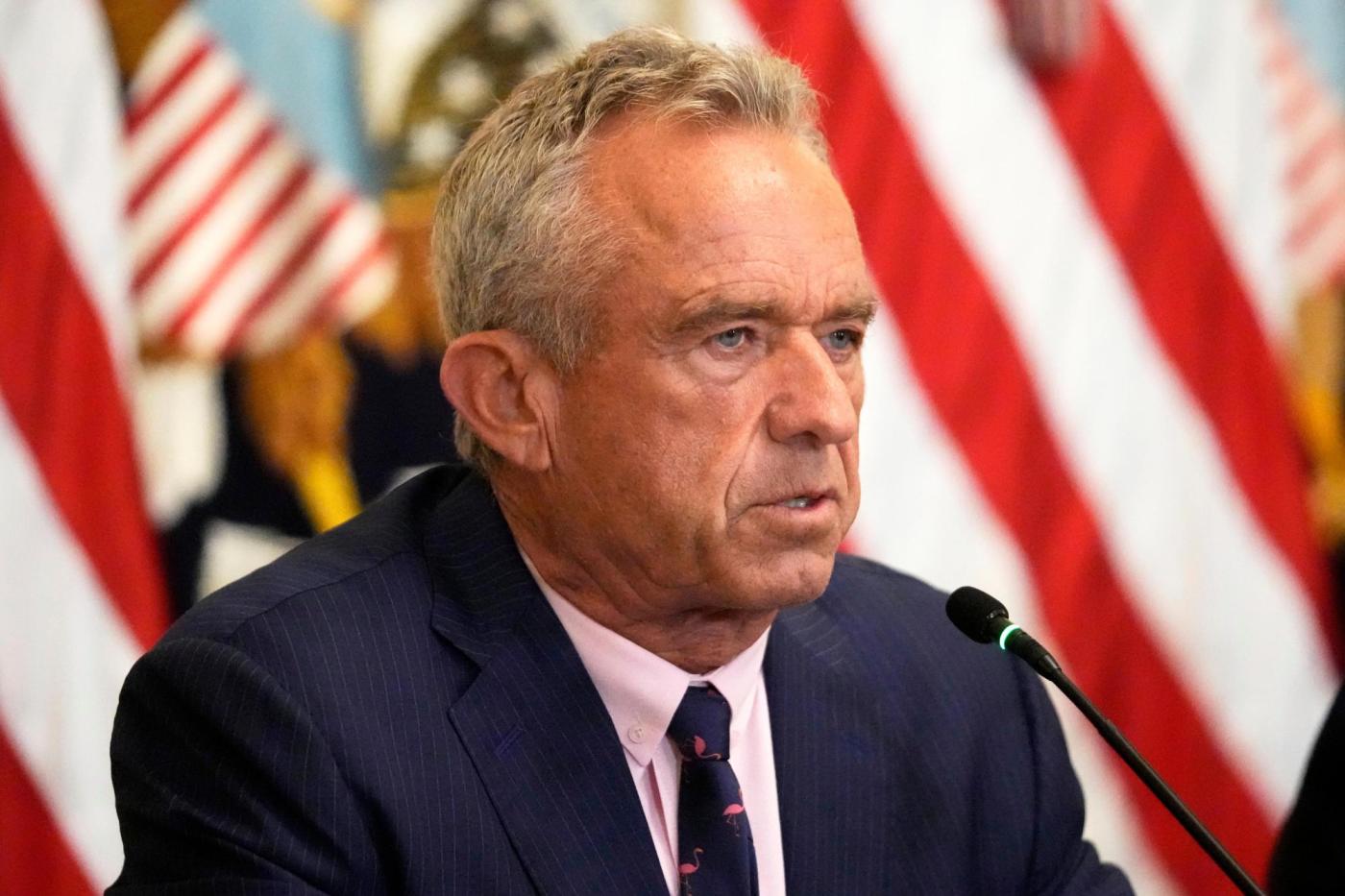Maryland has officially joined forces with several Northeast states to create a new public health coalition aimed at countering recent federal vaccine policy changes. This initiative, known as the Northeast Public Health Collaborative, empowers member states to establish their own vaccine recommendations in light of significant shifts introduced by the Trump administration, particularly under Robert F. Kennedy Jr., the current Secretary of Health and Human Services.
The coalition includes Connecticut, Delaware, Massachusetts, New Jersey, New York, Pennsylvania, Rhode Island, and Vermont. In a statement from Maryland’s Health Department, officials emphasized that this collaborative effort will allow states to “make decisions based on scientific evidence and strive to ensure equitable access to quality health care.”
Background of the Coalition
The formation of the Northeast Public Health Collaborative mirrors the West Coast Health Alliance, which comprises several Democratic-led states that recently announced their own vaccine guidelines. These new recommendations exceed the federal changes implemented by Kennedy and his allies this year.
In a controversial move, Kennedy dismissed all members of the Centers for Disease Control and Prevention (CDC) panel responsible for making vaccine recommendations. This decision followed his termination of CDC Director Susan Monarez last month, which led to the resignation of other senior officials and sparked intense questioning from lawmakers during a recent Senate hearing.
State Responses and Legislative Actions
In response to these developments, New York Governor Kathy Hochul announced that the collaborative states agreed on the importance of administering updated COVID-19 booster shots to children, alongside seniors and individuals with compromised immune systems. This approach aligns with previous federal guidelines established under former President Joe Biden.
Following the Food and Drug Administration (FDA)’s approval of updated COVID-19 vaccine guidelines, the CDC’s Advisory Committee on Immunization Practices (ACIP) now recommends that individuals interested in receiving the COVID-19 vaccine consult with their healthcare provider beforehand.
Before joining the coalition, Maryland Governor Wes Moore took proactive steps to safeguard vaccine access within his state. In May, he signed legislation mandating that insurers cover vaccinations endorsed by the CDC’s panel of vaccine experts effective from December 2024. This law, which took effect on June 1, was designed to prevent any disruptions caused by changes proposed by Kennedy.
As Maryland and its neighboring states forge ahead with their public health initiatives, the long-term implications of these decisions on vaccine distribution and public health policy remain to be seen.






































































